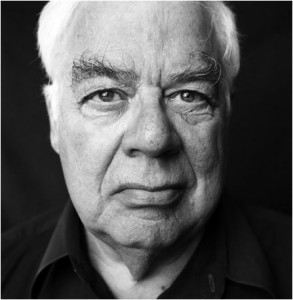
In my studies of Pragmatism, one of the key figures I hope to explore will be the American anti-philosopher Richard Rorty (1931-2007).
If the exuberant pragmatism of William James was an energizing force, the tired cynicism of Rorty’s pragmatism was little more than an excuse for moral and spiritual lethargy.
Hopeless about the very idea of objective truth, Rorty proclaimed that concerns about ultimate reality—questions regarding objective goods, values, goals, as well as the deepest human concerns—are unworthy objects of our attention and ultimately collapse into sheer boredom.
Accordingly, Rorty argued, we shouldn’t think of beliefs as being either true or false, but whether they are useful in helping us obtain our goals. The only thing worth pursuing is immediate pragmatic ends.
This anti-philosophy has formed the basis for our own culture of death, which hinges on the assumption that immediate pragmatic goals should always take precedent over objective ethical appeals. We see this in the way the holocaust of abortion renders itself immune from critique by subordinating ultimate ethical concerns to the immediate pragmatic goals of individual persons.
More about this later.


